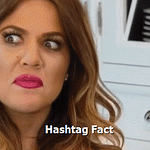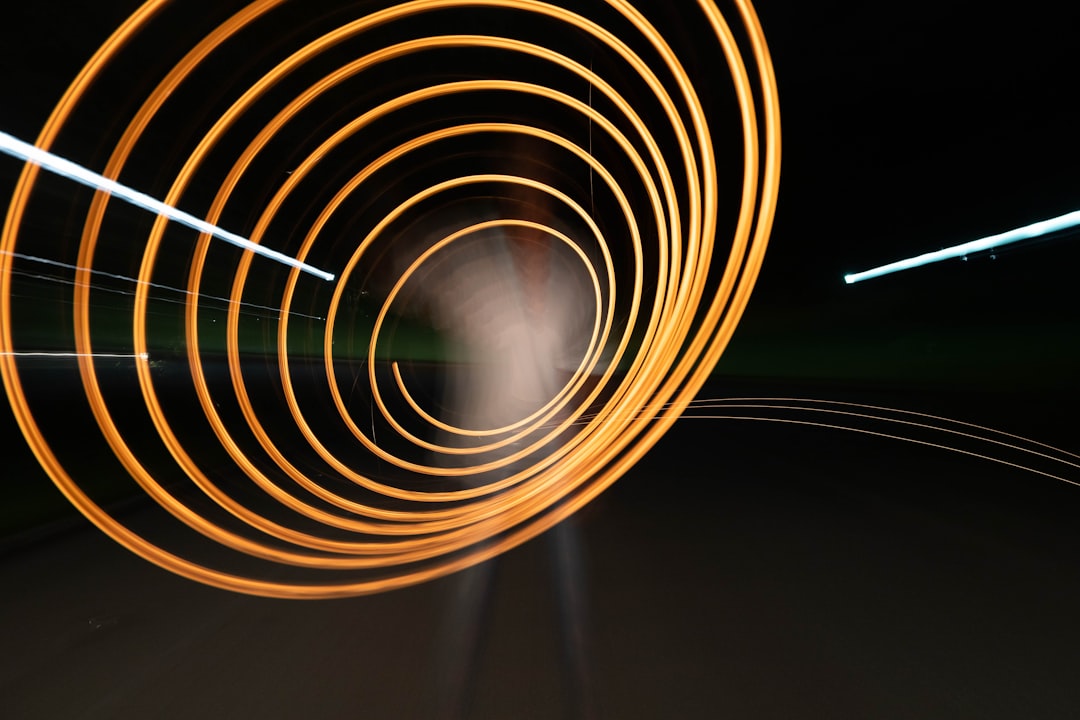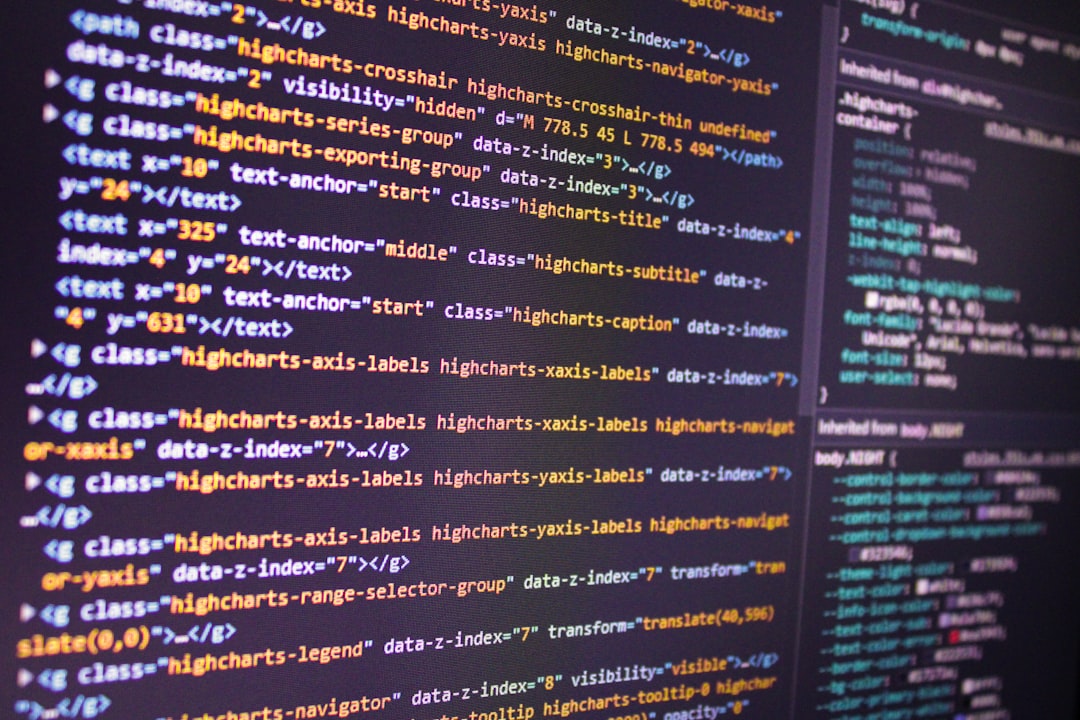Hello, hello!
It feels like we have lived decades in the last few days, and up is down, and life is weird, and I hardly know whether to scratch my watch or wind my butt.
Yet I have two essays for your consideration, and I hope you’ll find something interesting or helpful in these reflections.
Apple Wants to Get Under Your Skin, by John Fechtel
What is this about?
Fechtel uses the recent launch of Apple’s Vision Pro virtual reality goggles to explore how devices enter our material culture. He asks us to consider what such devices both say about our past and reveal about our present.
Fechtel explores how designers keep trying to reduce or eliminate the “interface problem,” i.e., the friction experienced between “the user’s intent and the device’s function.” The Apple Vision Pro, with its reading of sensory organs, aims to increase the closeness of our devices to our physical bodies. This “interface solution” in turn highlights how the (often surgical) body modification trend pulls us ever closer to devices implanted within our bodies.
Fechtel observes that we’ll never fully transcend the limits of the human body. We’ll always experience some inconvenient friction in using our devices. But more importantly, he notes that this laser-focus on solving the “interface problem” suggests that we have solved for the wrong variable. Rather than interrogating the expectations we place on our devices, we have concluded that our bodies are the real problem and must be eliminated.
Fechtel concludes by calling for a recovery of our sense of the “indispensability of the human body,” which is unavoidably “fragile, aging, and imperfect, constantly in need of care, maintenance, resources, and rest.”
What can we learn?
As someone who has worn adaptive/assistive technology since the age of five, and would find it difficult and uncomfortable to be without it, I find the notion of adding yet more mediating hardware to my body…unwelcome.
When my adaptive device works, I navigate life with, if not confidence, at least some measure of assurance that I can do what I need to do. When my device doesn’t work, I am exhausted by the stress and anxiety of not knowing what will happen from moment to moment. Let’s be honest: when any of my devices don’t work as I expect them to, I am exhausted (usually from frothing at the mouth in incoherent rage).
The sense of a fragile, imperfect body is never far from me. Such creaturely limits ought and should invite us to humility, to the recognition of ourselves as finite and dependent. That we constantly take this invitation as an insult is perhaps one of the great tragedies to shape our time.
Vision Con, by Mike Sacasas
What is this about?
Because it’s hardly a newsletter entry if I don’t reference Mike Sacasas in some way, his essay on the Apple Vision Pro pairs nicely with Fechtel’s. Sacasas observes that these entries into our material culture present new “fronts” in our culture wars: between those who sense that we ought retain our creatureliness, and those who run toward our self-machining with open arms.
Sacasas references the quote by Wendell Berry that I riffed on last week—about choosing to live as creatures or machines—expanding on that thought by emphasizing the scale, pace, and ubiquity of our technologies. Whether it’s instantaneous communication, project management software to increase efficiency, or 24/7 global news, many of our technologies ask us to move faster, produce more, and be elsewhere—no matter what.
Though it’s the amazing ingenuity of the human mind and skill that created these technologies, somehow we have also created our current dominant (and dominating) socio-cultural systems. These systems train us all to feel that “the limitations inherent in our embodiment are merely obstacles to be overcome.” And yet, in a (probably reluctant) nod to, ooh I don’t know our humanity, the Apple goggles can project a simulacrum of the wearer’s eyes onto the screen.
What can we learn?
While both essays focus on the new VR goggles, the point in both is really less about the goggles, and more about the zeitgeist represented therein.
If each of us continually and consistently withdraws into our own private virtual world, what common world do we—can we—make with one another? If we cannot gaze into the other’s eyes because we move too fast, how can we ever come to know that person?1 How can we, as both Sacasas and Fechtel encourage, embrace and appreciate our creaturely limitations if we continually create and reinforce a hatred of them?
The Unbearable Vulnerability of Being
The word that keeps coming to mind as I read these essays is “vulnerability.”
Sometimes, when I think I know what a word means, I like to go to the dictionary to find out if I’m right. I’ve been surprised more often than I care to admit. I’m glad I got it right this time. Anyway, Merriam-Webster’s defines vulnerability as that which is “capable of being physically or emotionally wounded, or open to attack or damage.”
I am, as mentioned earlier, intimately familiar with bodily limits and imperfections. For all its inconveniences, struggles, and outright wrongness, this is the singular gift of disability: it keeps our vulnerability, our dependency, front and center.
This is, of course, why disability makes us so uncomfortable. We cannot overcome the obstacle of our finitude. We cannot control it. We cannot control ourselves.
Vulnerability equals uncontrollability.
A friend with a pre-teen daughter recently told me about the protocols of interacting on SnapChat. I don’t remember all the details, but it involves incremental levels of self-presentation, in which viewers rarely, if ever, see the full face of the person on the screen. To see even half the face constitutes a significant connection, signaling that the viewer is welcomed into a quasi-intimate relationship (that yet remains bounded within the communication tool).
Setting aside how old this made me feel, it strikes me how we create technologies that enable us to buffer ourselves from wounding, from attacks and damages. We create systems that keep us from fully acknowledging our vulnerabilities, from creating a common world together, from loving each other through our dependence on each other.
We have come to see our bodies as just one more “point of aggression” in the world, to use Hartmut Rosa’s phrase, and our late-modern response is to conquer, master, or exploit them somehow.2 On the individual, cultural, institutional, and structural levels, we create the message that we can obtain power without practice, connection without persons, and growth without limits. Then we create the tools that help us do so.
We’re very good at this.
If we didn’t have VR goggles, we’d use sunglasses. If we lacked smartphones, we’d use the television. If we could only use the postal service to send letters, we simply wouldn’t write them. And on, and on, until the beginning of history, when some man, some woman, hid their faces within a dark wood, refusing to come out and be seen, known, loved in all their vulnerability.
C.S. Lewis said it well, in his book The Four Loves:
“Love anything and your heart will be wrung and possibly broken. If you want to make sure of keeping it intact you must give it to no one, not even an animal. Wrap it carefully round with hobbies and little luxuries; avoid all entanglements. Lock it up safe in the casket or coffin of your selfishness. But in that casket, safe, dark, motionless, airless, it will change. It will not be broken; it will become unbreakable, impenetrable, irredeemable. To love is to be vulnerable.”
I’d like to extend an invitation to all of us.
The next time we’re tempted to focus on our screen while waiting in line at the coffee shop or bank, pause and look up. Make the effort to look one person in the face, in the eyes, and smile. Genuinely, fully, and honestly. Maybe it’ll make a difference to them; maybe it won’t.
But it’s a practice that will definitely change us.
Let’s be hopeful, creative, and wise—together.
Shalom,
Support
Want to leave a tip? You can do that here.
You can also support my work through annual or monthly patronage subscriptions.
You can also subscribe so you don’t miss an issue.
Let’s work together!
I offer practice-based workshops, designed to empower participants to improve their mastery of the chosen topic and skill beyond our time together. My goal is to help individuals and groups cultivate priorities, practices, and structures that are purpose-focused, replicable, and sustainable over a lifetime.
Visit me online to learn more!
I’ve written before about our speed and bodily presence.
I’ve written about Rosa’s small book The Uncontrollability of the World.

















Visions of Creaturely Vulnerability